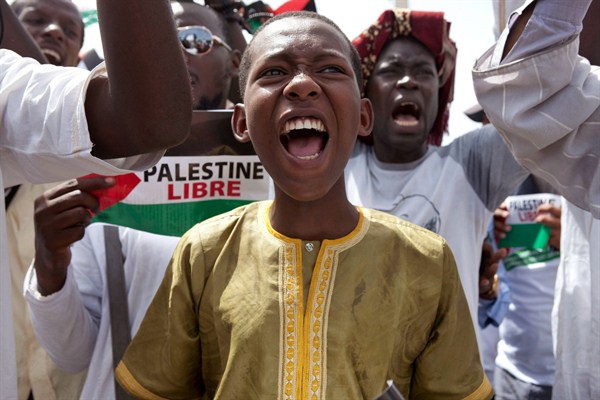The most recent meeting of the West African bloc ECOWAS featured an appearance by Prime Minister Benjamin Netanyahu, who declared it a “dream to come here to this organization,” while offering Israeli partnership in areas including counterterrorism and agriculture. While Netanyahu’s outreach to Africa has generally proceeded smoothly, relations with Senegal hit a snag late last year over a United Nations resolution demanding a halt to Israeli settlement building. In response to the vote, Israel suspended aid and recalled its ambassador to Senegal, a co-sponsor of the resolution. In an email interview, Dr. Arye Oded, a retired Israeli ambassador and head of the Africa Unit at the Harry S. Truman Research Institute for the Advancement of Peace at the Hebrew University of Jerusalem, describes Israel’s historical ties to West Africa and how they are changing.
WPR: In what ways has Israel’s engagement with West Africa evolved, and what are its motivations for ramping up engagement in recent years?
Arye Oded: Israel’s main purpose in its engagement with Africa has been to break out of the isolation imposed by surrounding Arab states. On becoming independent in 1948, Israel tried to establish diplomatic relations with Asian countries. However, Israeli officials were disappointed when the country was not invited to participate in the Afro-Asian Bandung Conference in 1955 even though Arab countries took part and there were Palestinian delegates in the delegations of Yemen and Syria. The Bandung Conference passed harsh anti-Israel resolutions.

